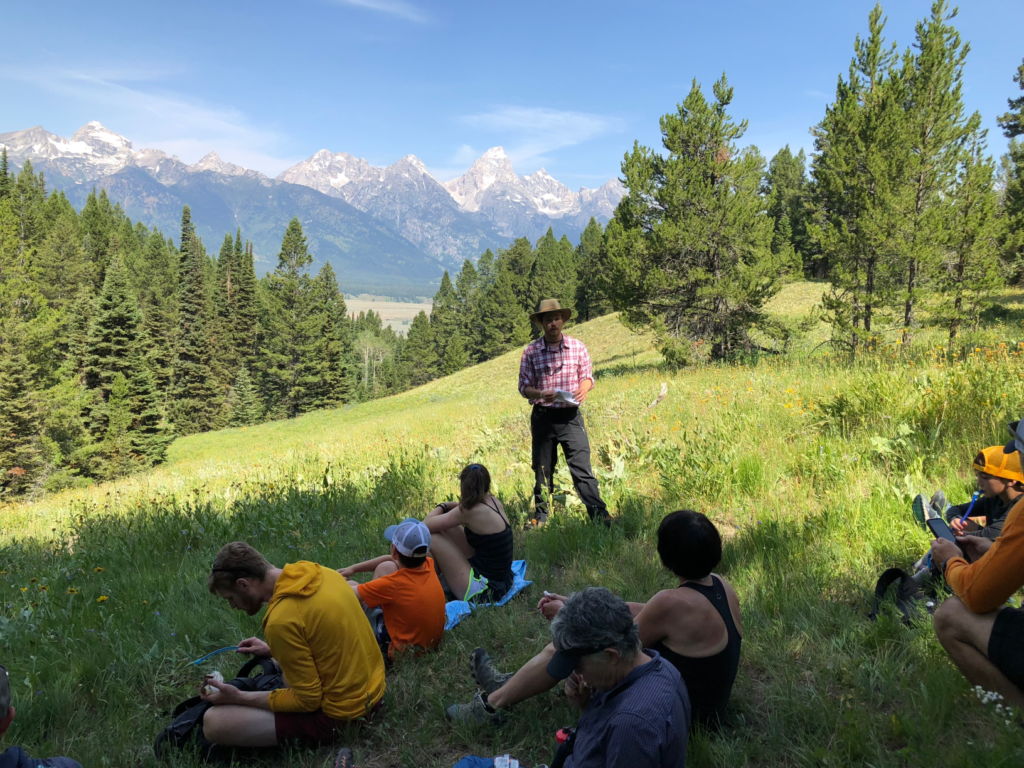“A child’s world is fresh and new and beautiful, full of wonder and excitement. It is our misfortune that for most of us that clear-eyed vision, that true instinct for what is beautiful and awe-inspiring, is dimmed and even lost before we reach adulthood. If I had influence with the good fairy who is supposed to preside over all children, I should ask that her gift to each child in the world be a sense of wonder so indestructible that it would last throughout life.” – Rachel Carson (1907-1964), author, naturalist
There’s something to be said for experiencing life as an adventure where one approaches every moment and situation seeking to discover what is new and interesting. Some call it a beginner’s mind. Others call it a sense of awe. Either way, I see this way of being, this mindset, as a vital part of practicing Gratitude. My own son recently reminded me of the benefits of such a mindset. We were on a father-son hiking and camping trip in the Gros Ventre Wilderness in western Wyoming. After driving for two hours on a paved road and another hour and a half on a gravel and dirt road, we arrived at one of the most remote ranches in the 48 states. From there we hiked 6 miles in national forest land, along with a handful of other campers, to our campsite at the base of a pristine waterfall.
My 14-year-old experienced the views, the natural world, and the hours of hiking with seemingly endless wonder and joy. While adults might consider hiking 6 miles into a bare basics camp a chore or hard work, he found it fun. When we were caught in a sudden rainstorm an hour and a half from camp, he enjoyed sloshing through the mud and fighting the rain just to see the path ahead. For him, it was all one big adventure, one moment after another of awe and inspiration.
Our time in the wilderness contained most, if not all, of the elements of practicing Gratitude. Certainly, there was respect for nature first and foremost. There was appreciation for the other people on the trip, the opportunity to be in such a wonderful locale, the small conveniences we enjoyed (tents, cots, sleeping bags, hot food, etc.), and the great experiences we had over the three days in the wilderness. And there was generosity. Since we had very little, consideration and sharing became as much a privilege as it was a necessity.
“Awe binds us to social collectives and enables us to act in more collaborative ways that enable strong groups, thus improving our odds for survival” – Dacher Keltner, PhD I also experienced what Dacher Keltner mentions in the quote above; namely, a shared experience of awe binds people together. It’s something we all might consider cultivating, especially during these times of disruption and especially with those closest to us.




